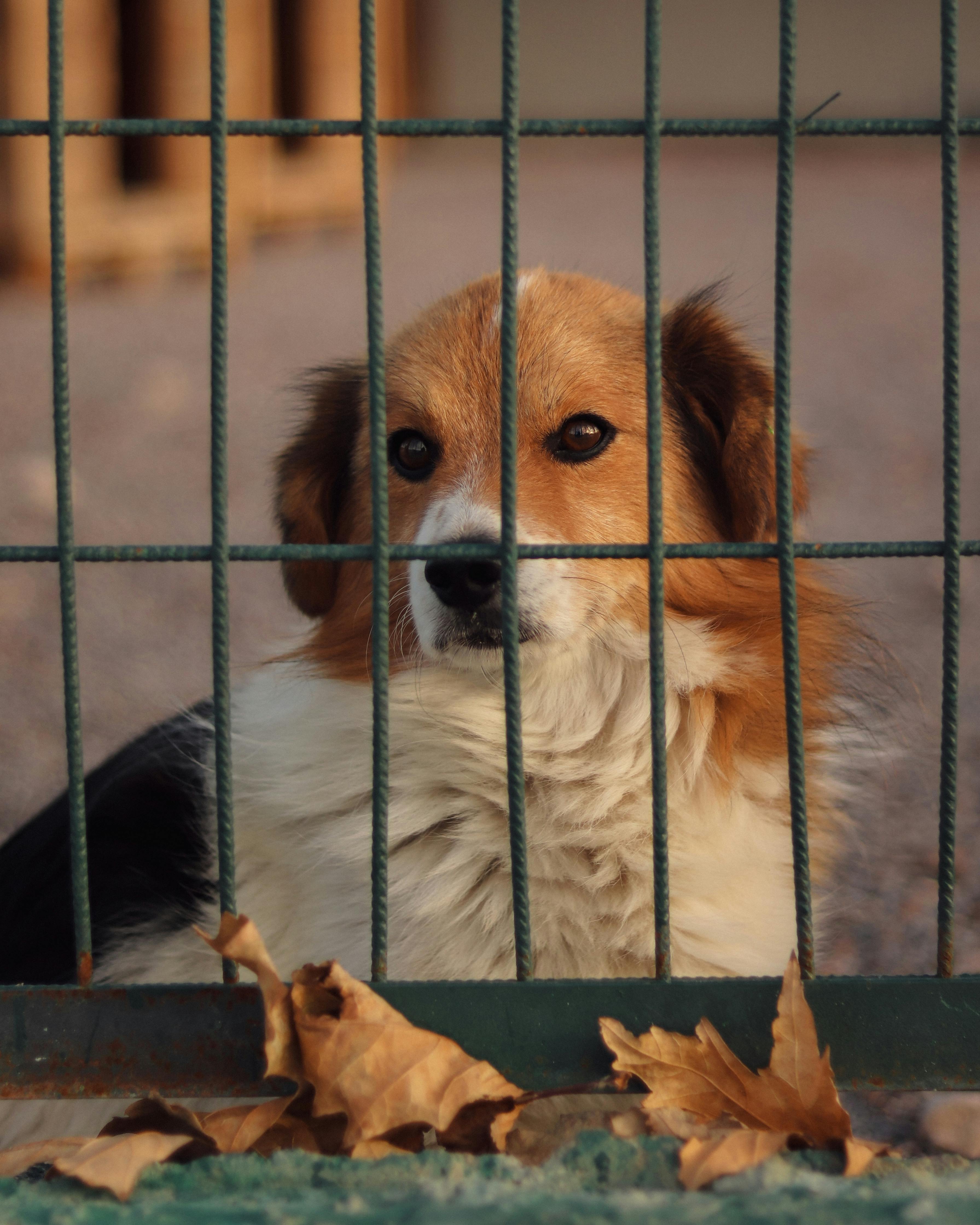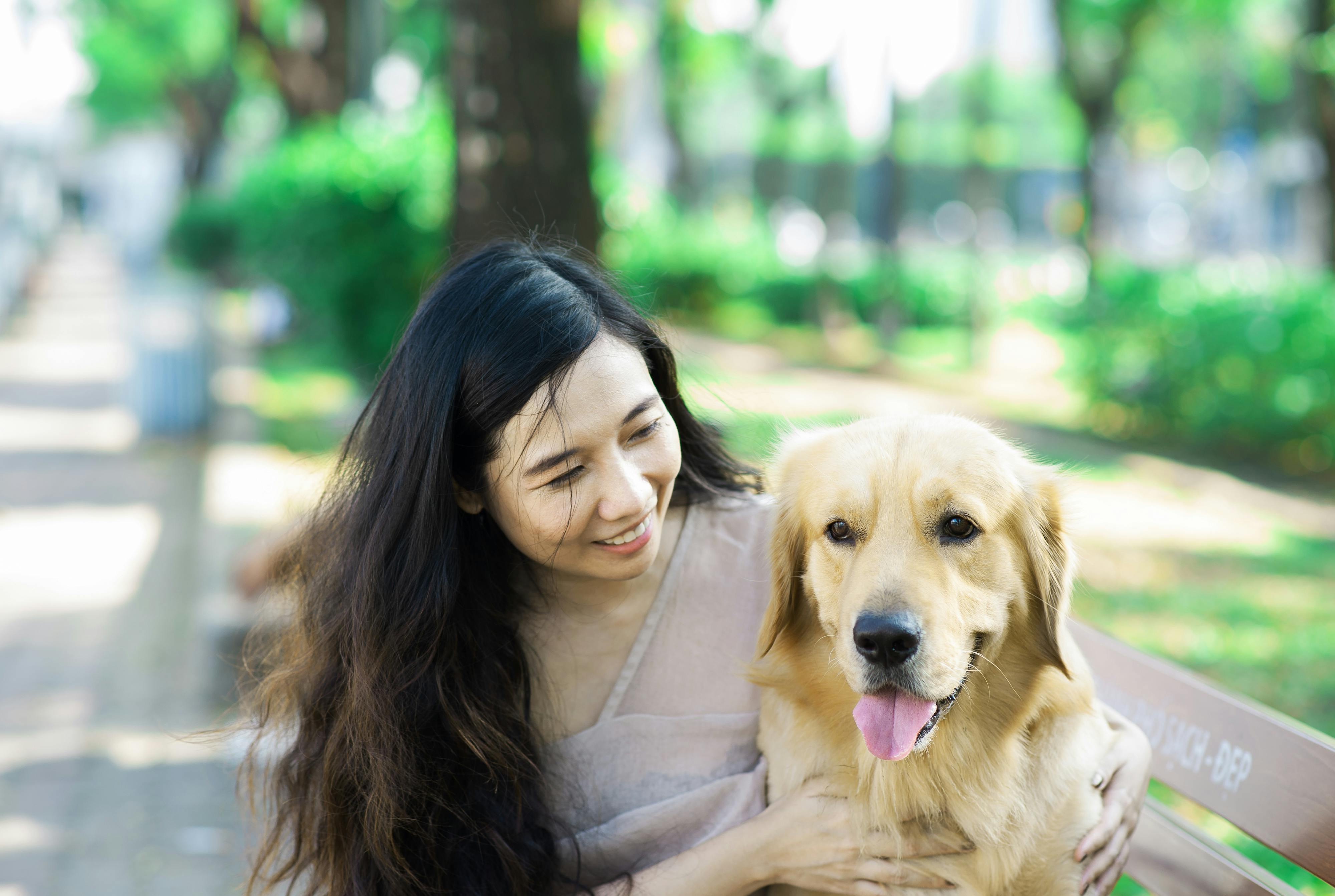If you’ve ever wondered whether it’s safe for your furry friend to indulge in the deliciousness of cashew nuts, then you’ve come to the right place! In this article, we’ll delve into the question of whether dogs can enjoy cashew nuts as a snack or if they should avoid them altogether. With engaging SEO and NLP optimized content, we’ll provide you with all the information you need to ensure your dog’s safety and well-being when it comes to incorporating cashews into their diet. So let’s dig in and find out if dogs can eat cashew nuts!

The Nutritional Content of Cashew Nuts
Cashew nuts are not only a delicious and satisfying snack for humans, but they also offer a range of nutritional benefits. Understanding the nutritional composition of cashews can help us determine whether they are safe and beneficial for our furry friends as well.
Understanding the Nutritional Composition
Cashew nuts are rich in protein, healthy fats, fiber, vitamins, and minerals. They are a good source of energy, making them a popular choice for those looking for a quick and nutritious snack.
Protein Content in Cashews
Protein is essential for maintaining muscle mass and supporting overall growth and development. Cashews contain a moderate amount of protein, making them a valuable addition to a well-balanced diet. For dogs, protein is especially important for maintaining healthy bones, muscles, and tissues.
Fats and Fibers in Cashews
Cashews are relatively high in fat content, but the majority of the fat is unsaturated and considered to be heart-healthy. Fats provide energy and aid in the absorption of fat-soluble vitamins. The fiber content in cashews helps to support healthy digestion and can contribute to a feeling of satiety.
Essential Vitamins and Minerals in Cashews
Cashews are a good source of essential vitamins and minerals, including vitamin E, magnesium, phosphorus, and zinc. These nutrients play a crucial role in maintaining overall health and supporting various bodily functions. Vitamin E, for example, acts as an antioxidant, protecting cells from damage.
Can Dogs Eat Cashew Nut?
Now that we understand the nutritional benefits of cashew nuts, it’s natural to wonder whether they are safe and suitable for our furry companions. Let’s explore the primary question of whether dogs can eat cashew nuts and delve into the potential health effects.
Answering the Primary Question
Yes, dogs can eat cashew nuts in moderation. Cashews can serve as a healthy and nutritious snack for our canine friends, but it’s crucial to consider a few factors before including them in their diet.
Possible Health Effects of Cashews on Dogs
Cashews, when fed to dogs in excessive amounts or in certain formats, can lead to digestive issues such as diarrhea or upset stomach. Additionally, some dogs may be allergic to cashews, experiencing symptoms like itching, swelling, or difficulty breathing.
The Science and Veterinary Perspective
According to veterinary professionals, cashews can be a safe and healthy treat for dogs if given in moderation and without any added flavors, salt, or seasonings. It’s important to always consult your veterinarian before introducing any new food into your dog’s diet, especially if your dog has any underlying health conditions.
Real Dog Owners Experience
Many dog owners have reported positive experiences with feeding their dogs cashew nuts. However, it’s crucial to monitor your dog’s reaction to cashews and adjust the portion size accordingly.

Digestibility of Cashews for Dogs
Understanding how cashews are digested by dogs is essential for determining their safety and impact on overall health. Let’s examine the digestibility of cashews in comparison to humans and explore the potential digestive issues.
Comparing Dog and Human Digestive Systems
Dogs have a different digestive system than humans. They have shorter and simpler digestive tracts, which can influence the way they process and break down certain foods. What may be easily digestible for humans may pose a greater challenge for dogs.
How Dogs Digest Nuts
Dogs have a harder time digesting nuts, including cashews, due to their high-fat content. While moderate amounts of cashews can be digested by dogs without any issues, consuming large quantities can overwhelm their digestive system and lead to issues like diarrhea or stomach upset.
Possible Digestive Issues in Dogs After Eating Cashews
Excess consumption of cashews can cause gastrointestinal upset in dogs. If you notice any signs of digestive discomfort, such as vomiting or changes in bowel movements, it’s advisable to reduce or eliminate cashews from your dog’s diet and consult your veterinarian if the symptoms persist.
Potential Benefits of Cashews for Dogs
Despite the possible digestive issues, cashews offer several potential benefits for dogs when consumed in moderation. Let’s explore how certain vitamins, minerals, protein, fiber, and omega fatty acids found in cashews can positively impact a dog’s health.
Vitamin and Mineral Benefits for Dogs
Cashews contain essential vitamins and minerals that can support a dog’s overall health. Vitamin E acts as an antioxidant, promoting a strong immune system and healthy skin. Minerals like magnesium and phosphorus contribute to healthy bone development and overall vitality in dogs.
Protein and Fiber Benefits for Dogs
Protein is crucial for a dog’s muscle development, while fiber aids in digestion and can help prevent constipation. The moderate protein and fiber content in cashews can provide valuable nutritional support for dogs.
Omega Fatty Acids for Dogs
Cashews contain omega-3 and omega-6 fatty acids, which are essential for maintaining a healthy coat, skin, and joints. These fatty acids have anti-inflammatory properties and can contribute to a dog’s overall well-being.

Possible Dangers of Cashews for Dogs
While cashews can offer some benefits for dogs, it’s essential to be aware of potential risks as well. Let’s explore some of the dangers associated with cashews in a dog’s diet.
Salted Cashew Issues
Salted cashews or cashews with added flavors should be avoided when it comes to dogs. Excessive sodium intake can lead to dehydration, electrolyte imbalances, or even salt toxicity in dogs.
Obesity Risks with High Fat Nuts
The high-fat content of cashews can contribute to weight gain and obesity in dogs if fed excessively. It’s important to consider cashews as a treat and incorporate them into your dog’s diet without exceeding their daily caloric requirements.
Allergic Reactions to Cashews
Some dogs may be allergic to cashews, experiencing symptoms like itching, swelling, or difficulty breathing. If you suspect your dog may have a cashew allergy, avoid feeding them cashews and consult your veterinarian for further guidance.
Toxicity Concerns
While natural cashews are safe for dogs, it’s important to note that certain flavored or processed cashews may contain ingredients that are toxic to dogs. Always read the labels and avoid any cashew products that contain harmful additives like chocolate or xylitol.
How Cashews can be Given to Dogs Safely
To ensure the safe consumption of cashews by dogs, it’s important to follow some guidelines. Here are some tips on safely giving cashews to your furry friend:
Preparing Cashews for Dogs
It’s best to feed plain, unsalted cashews to dogs. Avoid flavored or salted cashews, as these may contain harmful additives. Make sure to remove any shells or skins from the cashews to prevent choking hazards.
How Much Cashew is Safe for Dogs?
The key to incorporating cashews into your dog’s diet is moderation. Cashews should be given as an occasional treat, and the portion size should be appropriate for the size and weight of your dog. Consult your veterinarian to determine the suitable amount for your specific dog.
Frequency of Giving Cashews to Dogs
Cashews should only be given to dogs on an occasional basis. Treats should make up no more than 10% of your dog’s daily caloric intake. It’s important to focus on a well-balanced diet that consists primarily of high-quality dog food.
Other Nuts Safe for Dogs to Consume
While cashews can be enjoyed by dogs in moderation, there are other nuts that are safe for canine consumption. Let’s explore a few of them:
Almonds Safe for Dogs
Almonds are safe for dogs to consume in small quantities. However, they should be given cautiously, as they can pose a choking hazard due to their size and shape.
Healthy Contributions from Peanuts
Peanuts, in their natural form, can be a safe and enjoyable treat for dogs. However, moderation is key as peanuts are high in fat.
Hazelnuts and Dog Health
Hazelnuts are generally safe for dogs, but they should also be given in moderation due to their high-fat content. Always monitor your dog for any signs of digestive discomfort after consuming hazelnuts.
Nuts to Avoid for Dogs’ Health
While some nuts can be incorporated into a dog’s diet in moderation, there are certain nuts that should be avoided altogether. Let’s explore these potentially harmful nuts:
Risks of Macadamia Nuts
Macadamia nuts are toxic to dogs and should never be fed to them. Ingesting macadamia nuts can lead to symptoms such as weakness, vomiting, and muscle tremors. Immediate veterinary attention is necessary if your dog ingests macadamia nuts.
Dangers of Walnuts
Walnuts, especially those with shells, can pose a choking hazard for dogs. Additionally, the high-fat content in walnuts can lead to digestive issues. It’s best to avoid feeding walnuts to dogs.
Black Nuts and Dog Health
Black nuts, such as black walnuts, are not suitable for canine consumption. They can be toxic to dogs and can lead to severe symptoms, including seizures and tremors. It’s crucial to keep these nuts away from your dog’s reach.
Alternatives to Cashew Nuts for Dogs
If cashews aren’t a suitable option for your dog, there are plenty of other healthy alternatives available. Let’s explore some alternatives that can provide similar nutritional benefits:
Types of Fruits for Dogs
Fruits such as apples, bananas, blueberries, and watermelon can make delicious and nutritious treats for dogs. However, it’s important to remove any seeds or pits that may be toxic.
Healthy Vegetables for Dogs
Vegetables like carrots, green beans, and sweet potatoes make excellent and low-calorie treats for dogs. They are packed with essential vitamins and minerals while providing a satisfying crunch.
Best Dog Treat Alternatives
There are numerous commercial dog treats available that are specifically formulated to meet the nutritional needs of dogs. These treats often come in a variety of flavors and textures, ensuring there is something for every dog’s taste.
What to Do if Your Dog Eats Large Quantities of Cashews?
Accidents happen, and sometimes dogs may get hold of a larger quantity of cashews than they should. Here’s what you should do if you suspect your dog has consumed an excessive amount of cashews:
Immediate Steps to Take
If your dog ingests a large quantity of cashews, it’s important to monitor them closely. Look out for any signs of distress or discomfort, such as vomiting, diarrhea, or abdominal pain. You can also try to induce vomiting by giving hydrogen peroxide, but it’s essential to consult your veterinarian before attempting this.
When to Contact a Vet
If your dog shows any severe symptoms after consuming a large quantity of cashews, do not hesitate to contact your vet immediately. They will be able to provide the appropriate guidance and determine whether further medical intervention is necessary.
Proactive Measures for Future Prevention
To prevent your dog from getting into potentially harmful situations, it’s important to store cashews and other nuts in secure containers and keep them out of your dog’s reach. Always supervise your dog during mealtime and ensure they are not consuming any food that could be dangerous to their health.
In conclusion, cashews can be a safe and nutritious treat for dogs when given in moderation and without any harmful ingredients. However, it’s crucial to consider factors such as portion size, potential allergies, and the individual needs of your dog. Consulting with a veterinarian is always recommended to ensure the health and well-being of your furry friend. Remember to prioritize a well-balanced diet that primarily consists of high-quality dog food to meet all of your dog’s nutritional needs.




